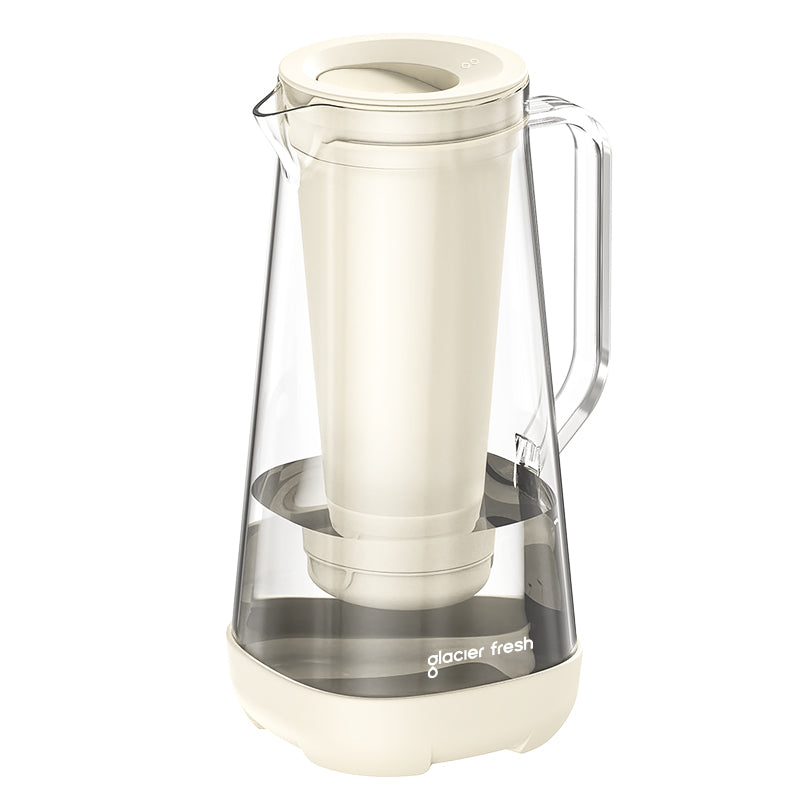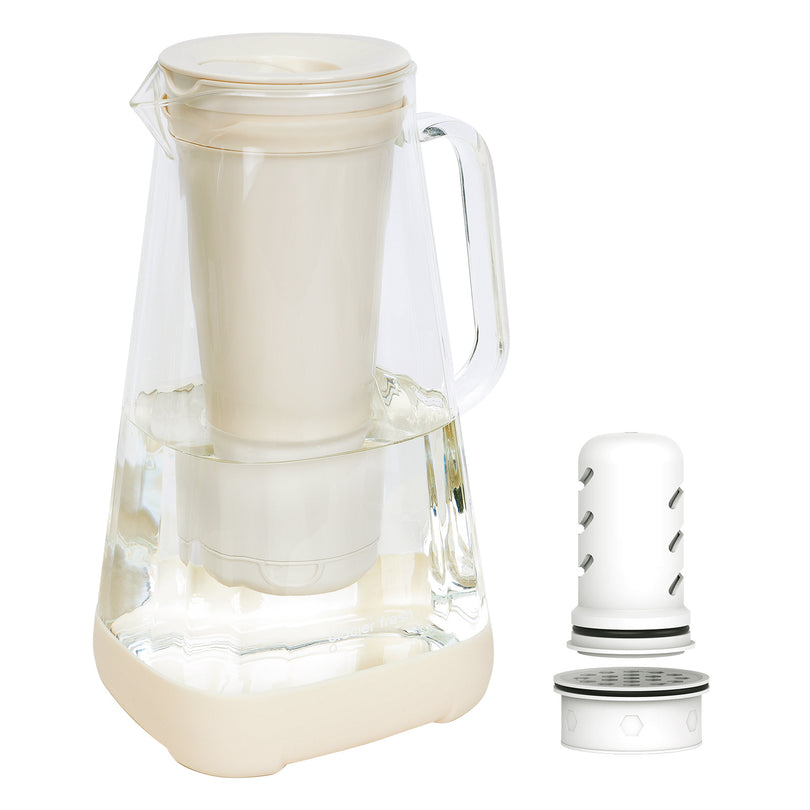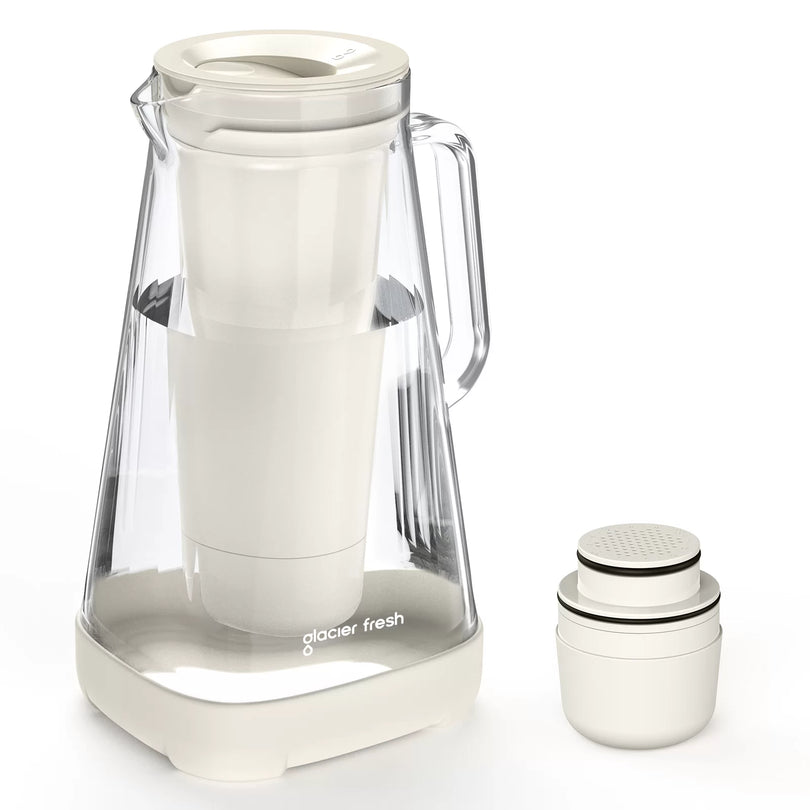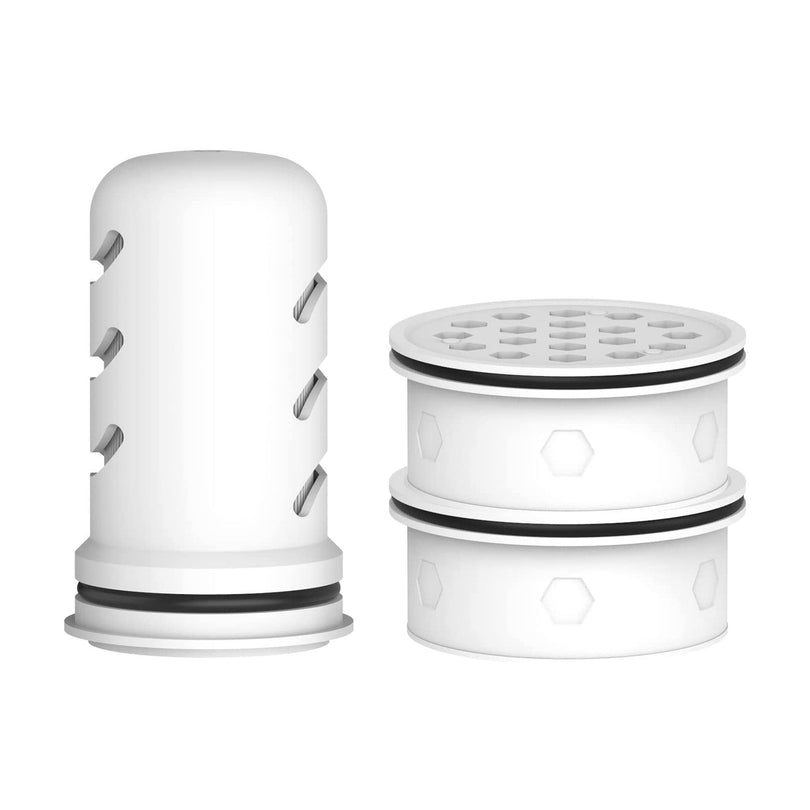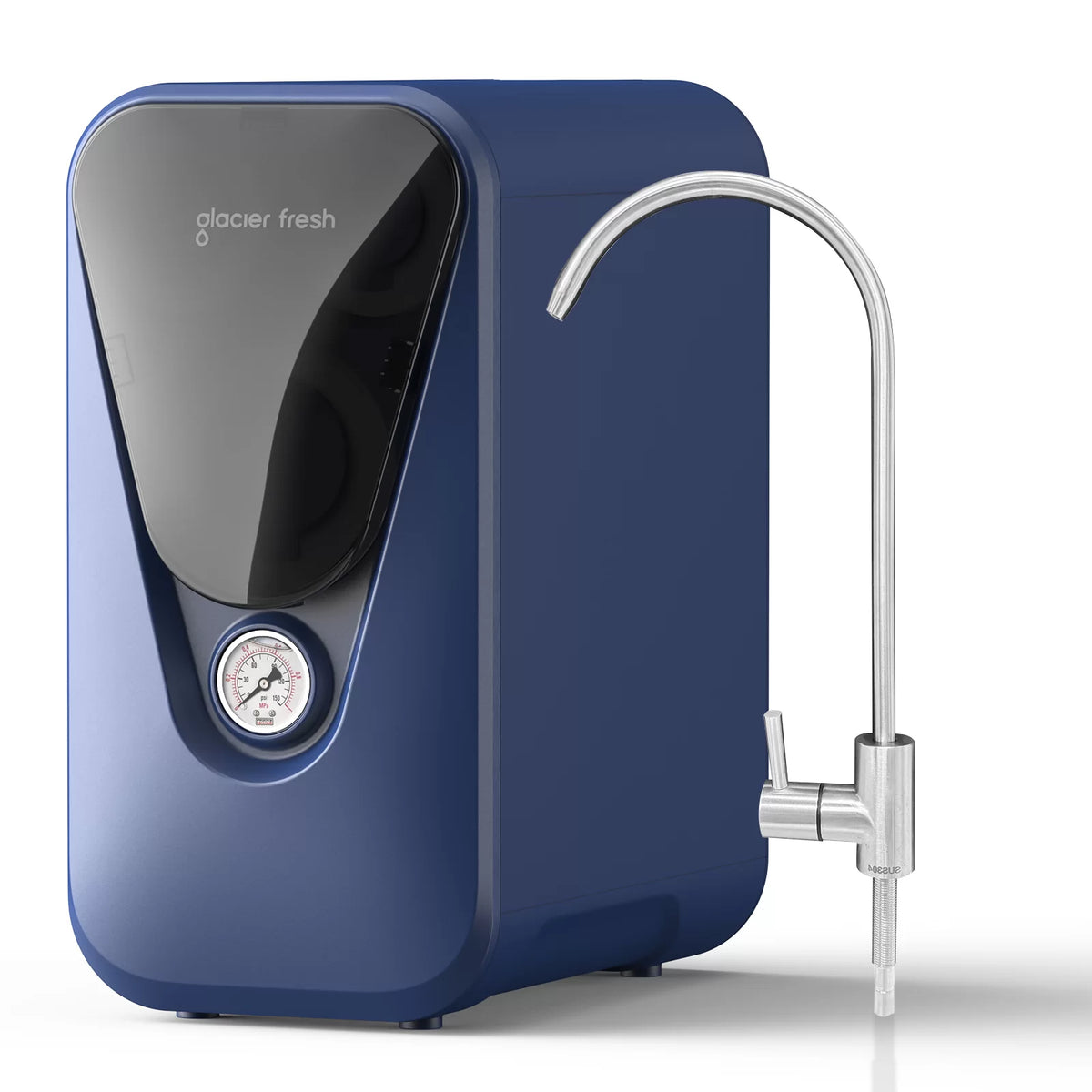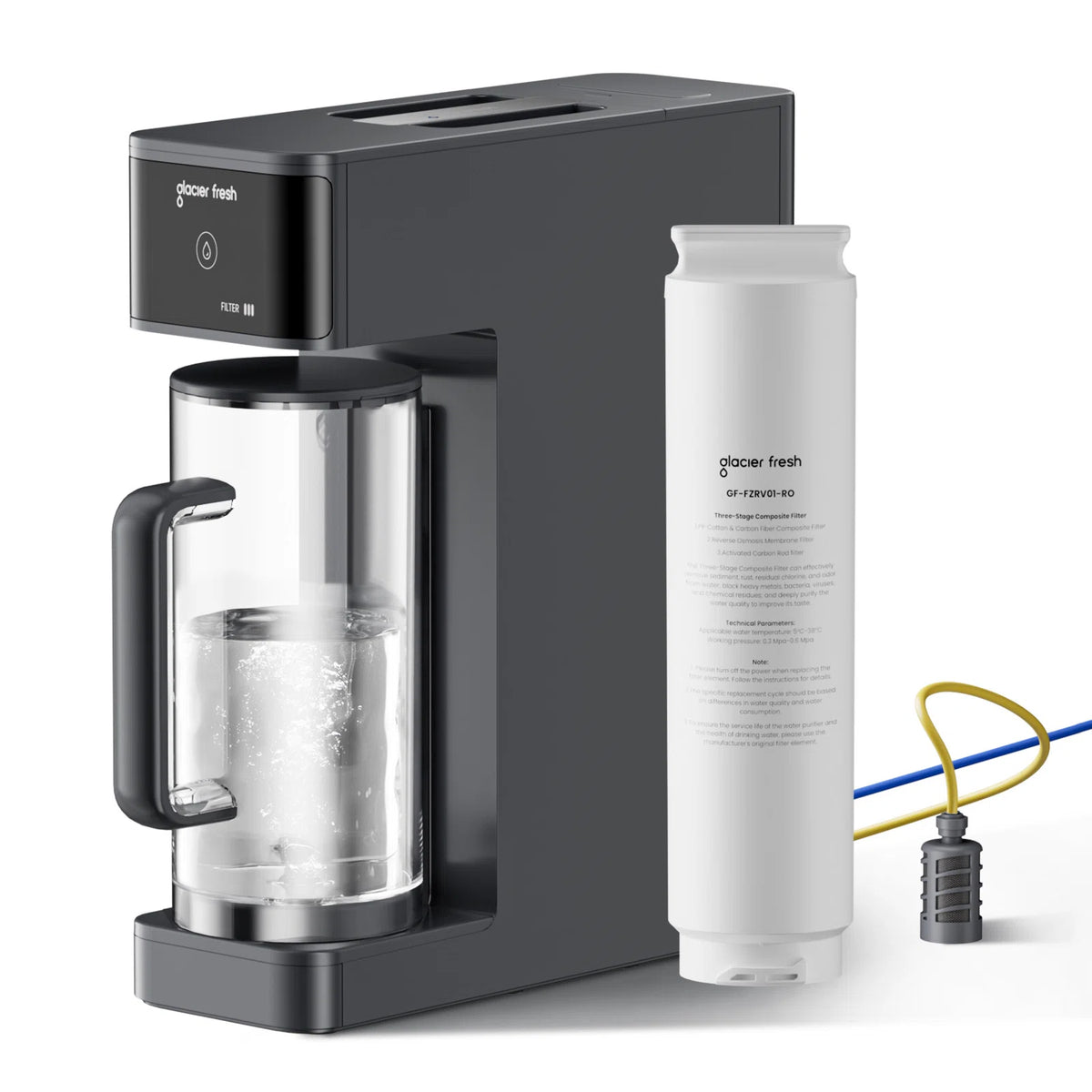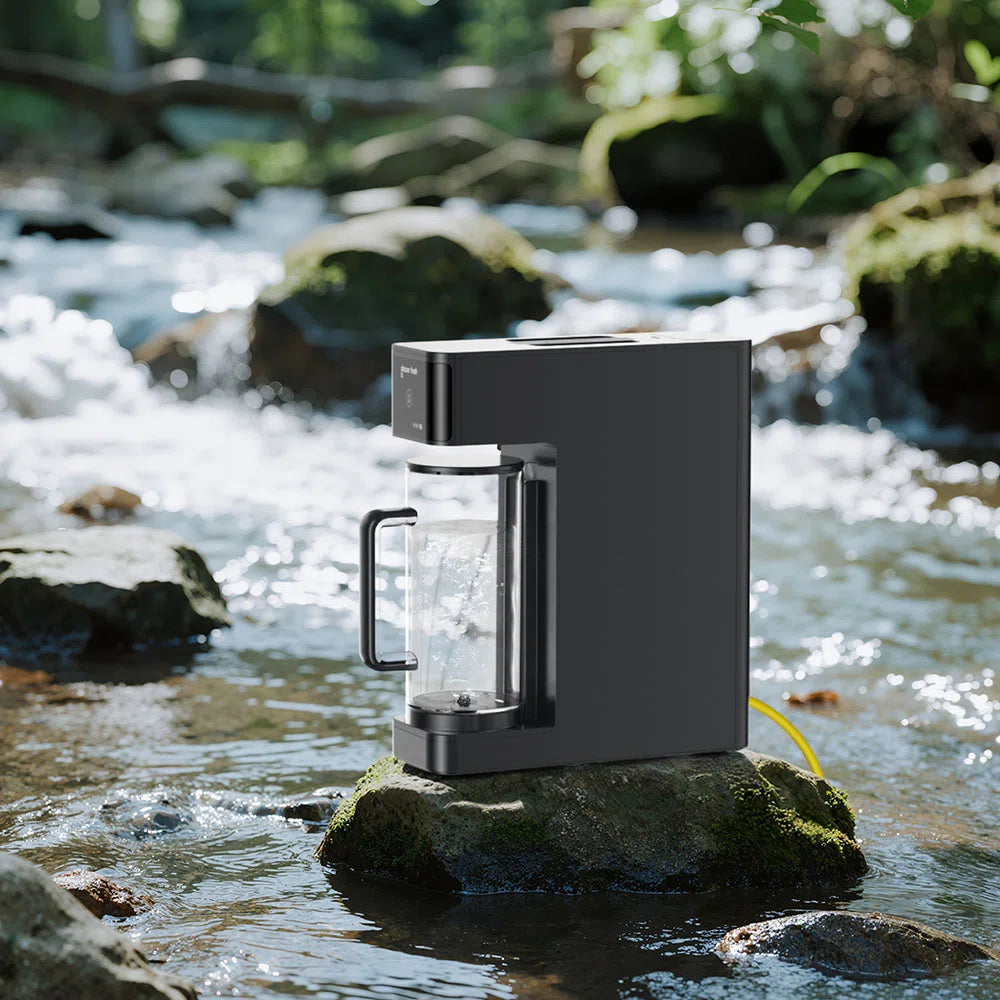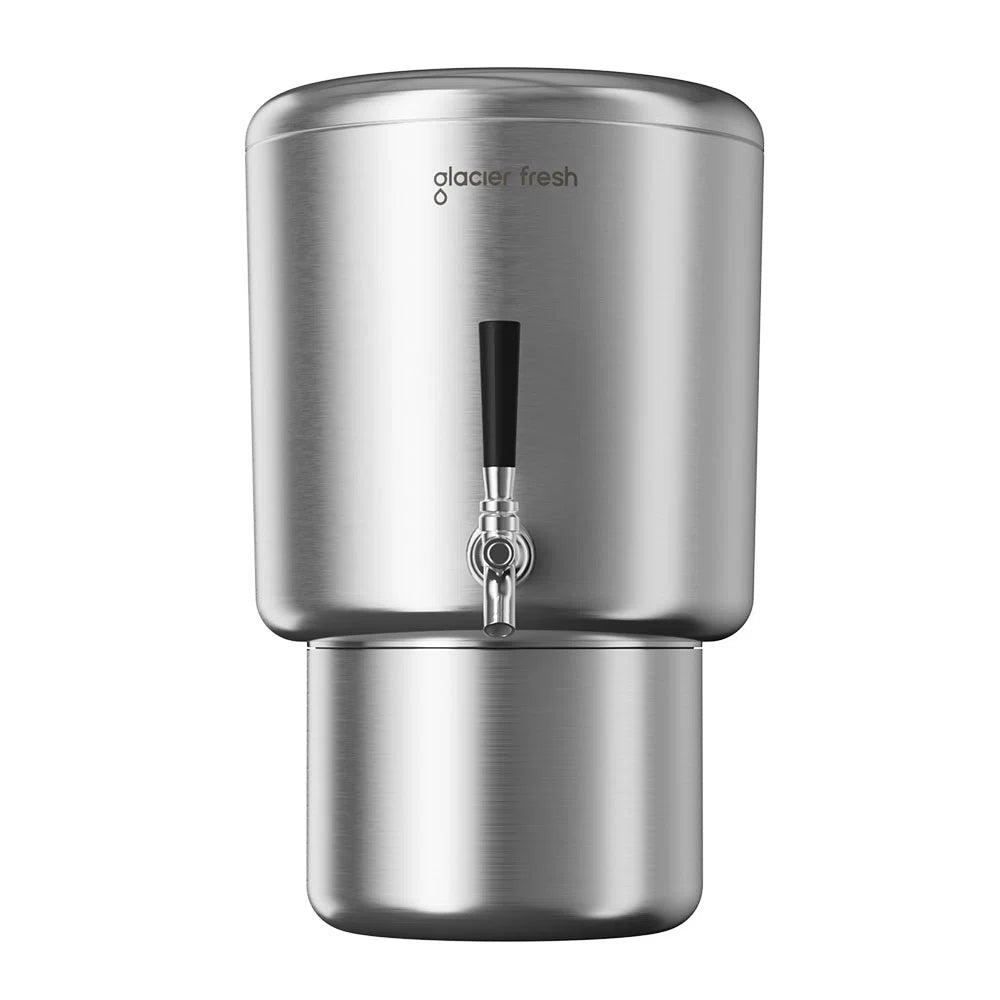Table of Contents:
What is hard water?
What is soft water?
Effects of hard water on health
Effects of hard water on home appliances
Comparison of hard water and soft water
Effective methods of water softening
Conclusion
You may have noticed the impact of water quality on your skin, hair, and appliances, but do you truly understand the differences between hard and soft water? The effects go beyond mere inconvenience, touching on aspects of health and the longevity of your household devices. Before making any decisions about water treatment, it's essential to understand how these contrasting water types can influence your daily life.
What is hard water?

Hard water contains high levels of minerals like calcium and magnesium, which affect its water composition. These minerals are picked up as the water moves through soil and rocks, leading to mineral deposits in pipes, appliances, and even on skin and hair. The presence of these minerals can make it harder for soap to lather, leaving spots on dishes and glassware and causing buildup in showers and sinks.
Many homeowners turn to water softeners to combat the effects of hard water. Water softeners work by replacing the calcium and magnesium ions with sodium or potassium ions, reducing the mineral content in the water and making it softer. This process helps prevent mineral buildup in pipes and appliances, extending their lifespan and improving efficiency. By using water softeners, you can also enjoy the benefits of softer skin and hair, as well as cleaner dishes and clothes.
What is soft water?

Soft water typically contains low levels of minerals like calcium and magnesium, resulting in a smoother texture and reduced mineral buildup compared to hard water. The benefits of soft water are numerous. Soft water is gentler on your skin and hair, leaving them feeling softer and less dry after washing. It also helps preserve the lifespan of your clothing by preventing fading and wear caused by hard water minerals.
One significant advantage of soft water is its ability to improve the efficiency and longevity of home appliances such as water heaters, dishwashers, and washing machines. Without the mineral buildup that hard water causes, these appliances can operate more effectively and have a longer lifespan. Additionally, soft water can save costs by reducing the need for excessive detergent and soap when cleaning, as it lathers more easily than hard water.
Effects of hard water on health
The minerals present in hard water can have various adverse effects on your health and well-being. When hard water comes into contact with your skin and hair, it can lead to skin irritation and hair damage due to the mineral deposits it leaves behind. Additionally, the formation of soap scum on your skin can further exacerbate these issues. The potential health risks of using hard water include reduced water quality, which can impact your overall well-being. To illustrate the effects of hard water on health more clearly, refer to the table below:

Effects of hard water on home appliances
Scale buildup in plumbing and appliances
Minerals in water can accumulate over time, causing a buildup of scale in plumbing and household appliances. This scale buildup can lead to various issues affecting your appliances' efficiency and lifespan. To address this, consider the following:
- Preventing scale buildup: Regularly descale appliances and plumbing fixtures using vinegar or citric acid solutions to prevent mineral deposits from accumulating.
- Impact on water pressure, flow rate: Scale buildup restricts water flow in pipes and appliances, reducing water pressure and affecting the overall performance of your plumbing system.
- Cost-effective solutions, professional services: Invest in water softeners or magnetic descalers to prevent scale buildup in the long term. Additionally, consider professional plumbing services for thoroughly cleaning and maintaining your appliances to ensure optimal performance.
The impact of hard water on water heaters
Scale buildup caused by hard water can significantly impact the efficiency and longevity of your water heaters and other home appliances. Regular maintenance is essential to maintain your water heater and prevent corrosion due to hard water. Implementing a routine maintenance schedule that includes flushing the water heater tank can help prevent scale buildup and maintain its efficiency.
Corrosion prevention is crucial when dealing with hard water. Consider installing a water softener to reduce the mineral content in the water, thus decreasing the likelihood of scale buildup and corrosion in your water heater. Additionally, using corrosion-resistant materials in your plumbing system can help prolong the life of your appliances.
Energy costs and efficiency of appliances
To enhance the efficiency of your home appliances and reduce energy costs, addressing the impact of mineral buildup from water hardness is crucial. Hard water can lead to increased energy consumption and decreased appliance performance over time.
- Energy consumption: Hard water causes mineral deposits to accumulate in appliances like dishwashers and washing machines, making them work harder and use more energy to achieve the same results.
- Cost savings: By tackling water hardness issues through softening techniques, you can potentially save on energy costs in the long run by improving the efficiency of your appliances.
- Efficiency: Implementing water softening techniques, such as using water softeners or descaling agents, can help maintain the efficiency of your appliances and prolong their lifespan.
The lifespan of appliances affected by hard water
Addressing the impact of hard water on home appliances is crucial for prolonging their lifespan and maintaining optimal performance. Hard water contains minerals like calcium and magnesium that can lead to scale buildup in appliances such as dishwashers, washing machines, and coffee makers. This scale accumulation can clog pipes, reduce efficiency, and ultimately shorten the lifespan of your appliances.
To combat the effects of hard water, regular appliance maintenance is key. Implementing routine cleaning schedules using descaling agents can help prevent scale buildup and keep your appliances running smoothly. Additionally, investing in water softeners can significantly reduce the mineral content in your water supply, leading to less scale formation and prolonging the lifespan of your appliances.
Comparison of hard water and soft water

Comparing hard water and soft water reveals significant differences in mineral content and impact on various aspects of daily life.
- Health benefits: Soft water is gentler on skin and hair, as it doesn't leave behind mineral deposits that can clog pores or weigh down hair. In contrast, hard water can lead to skin dryness and irritation due to its high mineral content.
- Environmental impact: Soft water requires less detergent and soap for cleaning, which can reduce the amount of chemicals released into the environment. On the other hand, hard water may necessitate more cleaning products, contributing to more chemical waste.
- Economic considerations: Soft water can prolong the lifespan of appliances by preventing mineral buildup, potentially saving you money on repairs or replacements. Conversely, hard water can lead to scaling in pipes and appliances, increasing energy consumption and maintenance costs.
Understanding these differences can help you make informed decisions about water treatment options for your home.
Effective methods of water softening

When considering methods for water softening, it's essential to explore various options that suit your specific needs and preferences.
Salt-free softening and ion exchange are popular methods that effectively reduce the mineral content in hard water. Salt-free softening systems use template-assisted crystallization to transform calcium and magnesium ions into crystals that don't adhere to surfaces. Ion exchange systems replace calcium and magnesium ions with sodium or potassium ions, producing softened water.
Magnetic water treatment and electronic descaling are alternative methods used for water softening. Magnetic water treatment involves passing water through a magnetic field to alter the structure of minerals, preventing them from forming scale. Electronic descaling uses electromagnetic waves to break down mineral deposits in water, reducing the effects of hard water.
For those seeking more intensive methods, reverse osmosis and distillation are effective options. Reverse osmosis systems force water through a semi-permeable membrane to remove minerals, while distillation involves boiling water and collecting the condensed steam to separate impurities.
Conclusion
In conclusion, understanding the differences between hard water and soft water is crucial for maintaining both your health and home appliances. Hard water can lead to various issues such as skin irritation and scale buildup, while soft water offers gentler effects and improved appliance performance. By implementing effective water softening methods, you can ensure a healthier lifestyle and prolong the lifespan of your appliances, ultimately saving you money in the long run.













